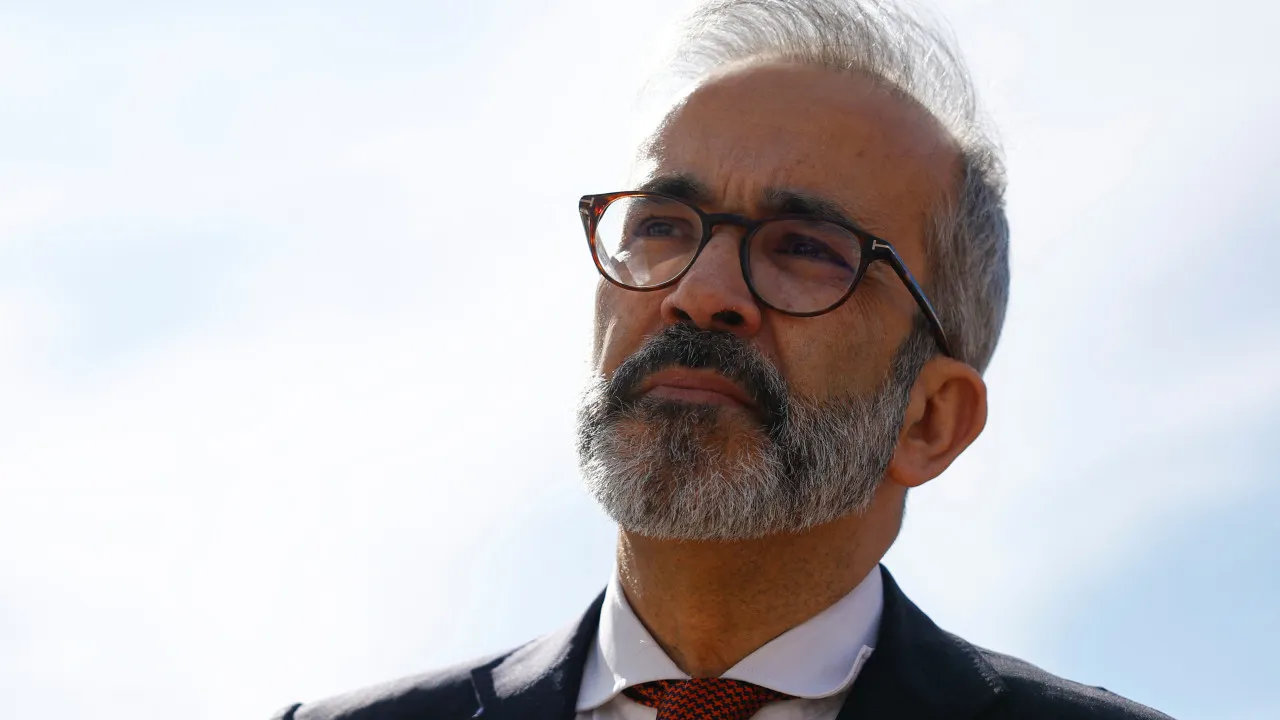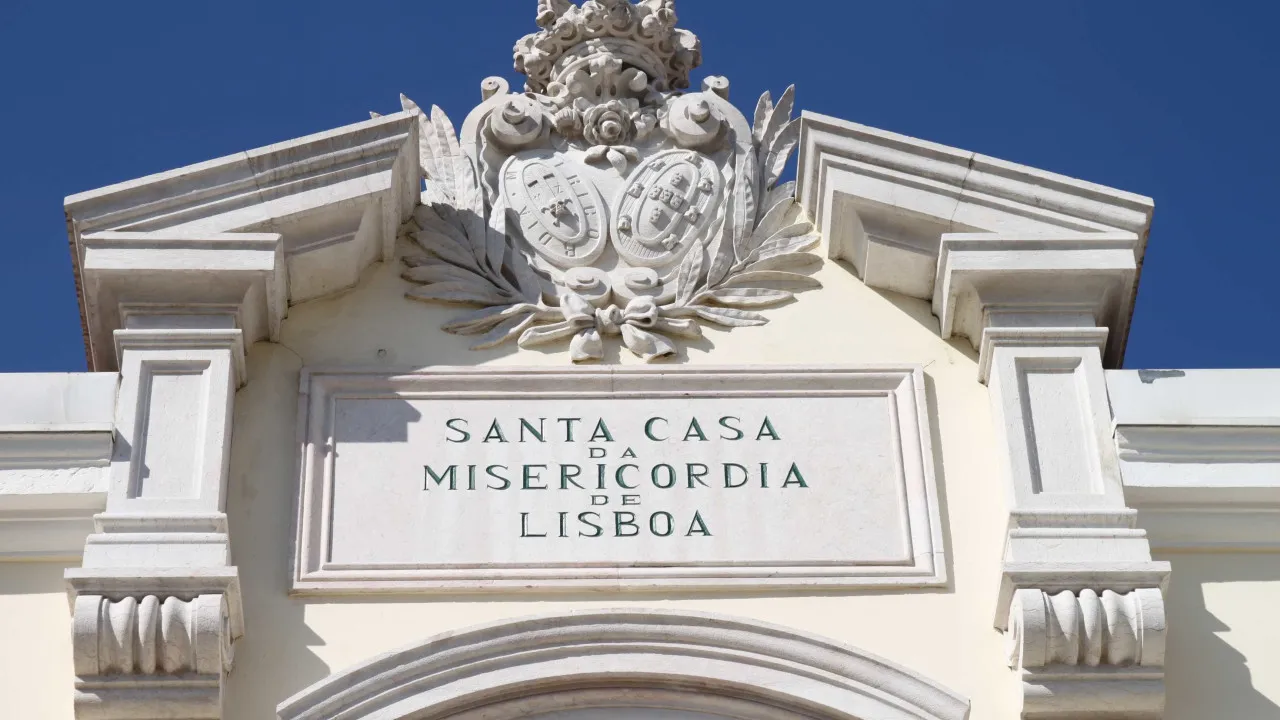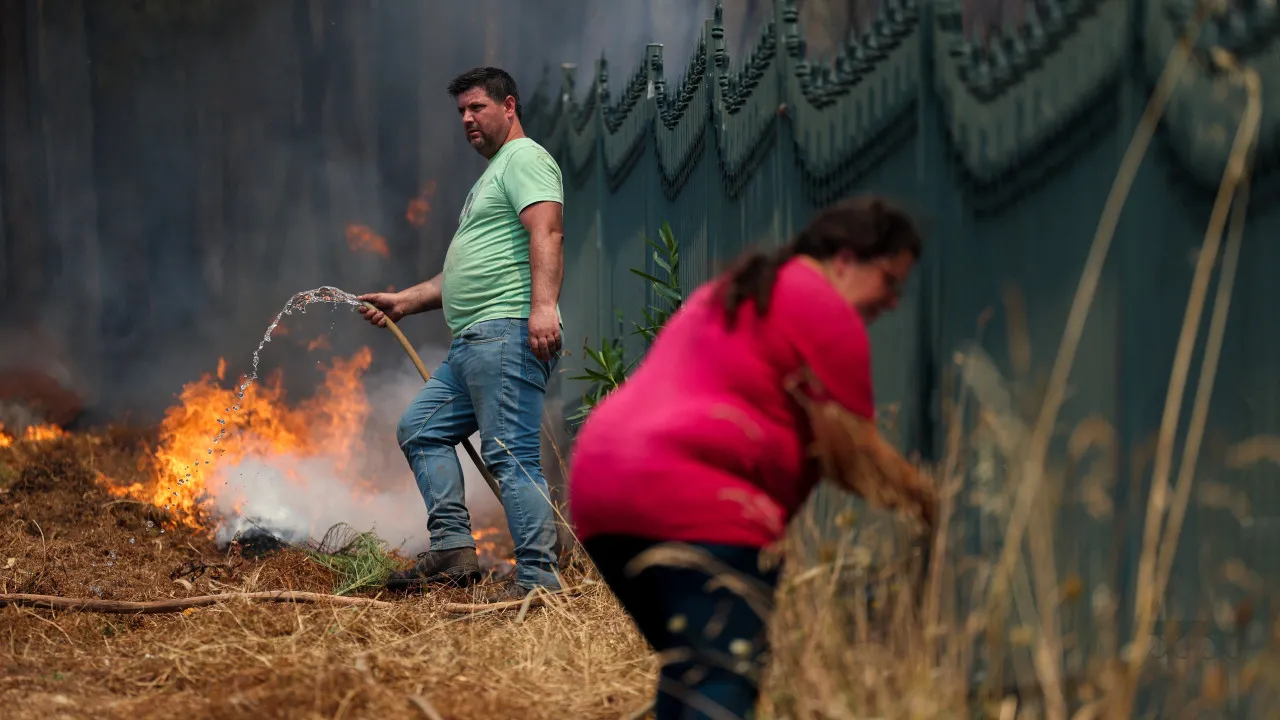
“The most normal thing, and even understandable, is that the President of the Republic, on certain matters, exercises his power, his right of preventive scrutiny,” stated Paulo Rangel, speaking at the margin of the ‘EurAfrican Forum’, taking place today in Carcavelos, Cascais.
“This is a very sensitive issue and, therefore, it is natural for the head of state to take this precaution before making a substantive judgment on the law, and, therefore, this is democracy functioning normally,” added the Minister of State.
Paulo Rangel, who has a background in constitutional law, however, rejected having doubts about the constitutionality of the law.
“Being a member of the Government, that is, having a seat in the Council of Ministers, I would not think that there are norms that are unconstitutional,” he emphasized.
“Now, as a constitutionalist, I know that many times I defended and defend that certain norms are perfectly constitutional and the Constitutional Court decided to understand differently,” he admitted, stressing that “these decisions are always to be respected.”
The Minister highlighted that the situation should be addressed “with deep normality and without dramatism,” stating that “as there are major political divergences, it is not bad to make that arbitration.”
The possibility of Marcelo Rebelo de Sousa having made the request for preventive scrutiny as a form of warning to the Government was also dismissed by Paulo Rangel, considering that the President of the Republic, “when he wants to give warnings, does not send them through requests.”
The President of the Republic sent on Wednesday to the Constitutional Court the decree from parliament that alters the legal regime of entry, stay, exit, and removal of foreigners from the national territory, approved by PSD, Chega, and CDS-PP.
The request for scrutiny, which the head of state asked to be done urgently, contests the changes to family reunification introduced in the regime of entry of foreigners into the country, invoking the principle of family unity and the best interest of the child.




